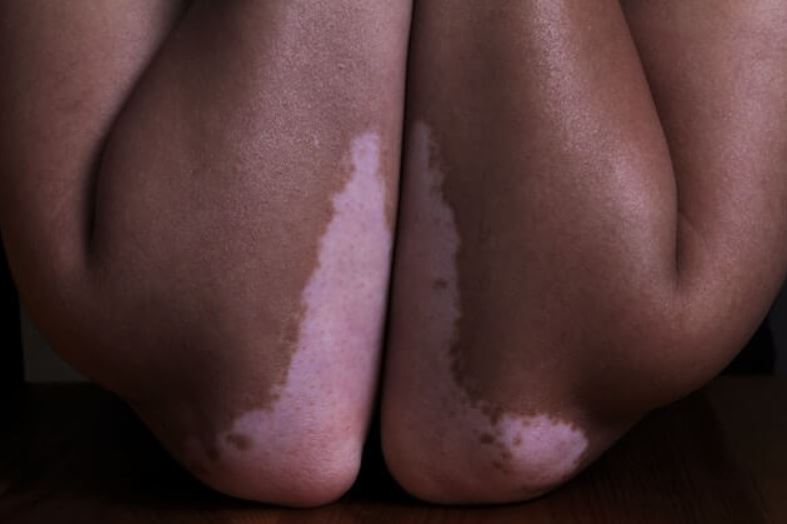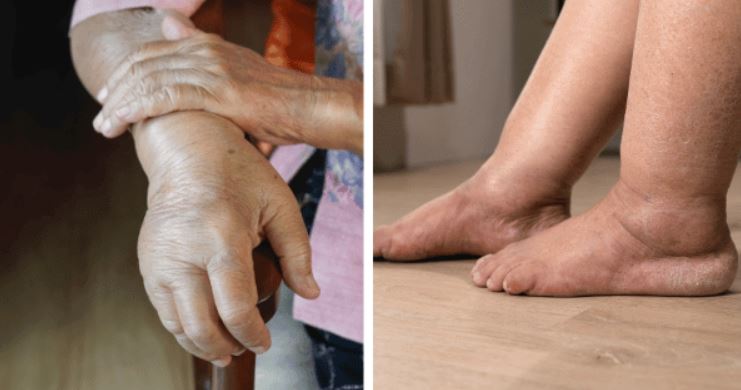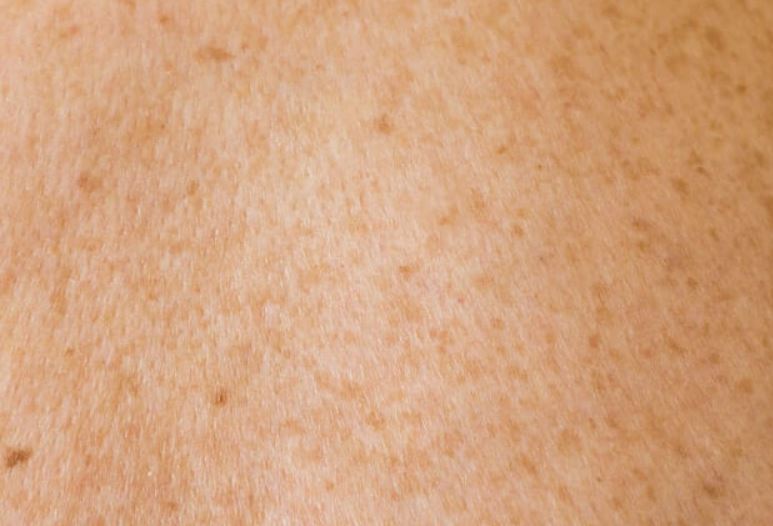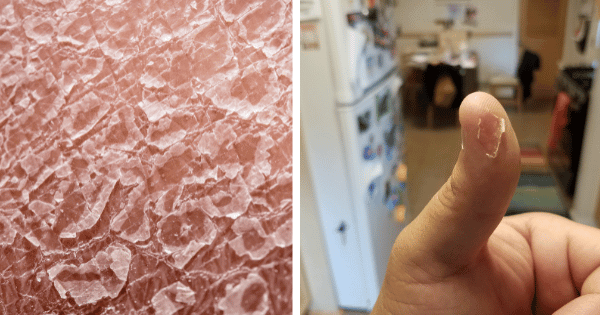As we age, our skin becomes not only a reflection of our outer beauty but also a window into our overall health. Certain skin conditions can serve as signals for more serious underlying illnesses, allowing for faster and more successful treatment. In this article, we will explore some common skin signals that may indicate the presence of critical illnesses.

Shadowy Areas – A Possible Indicator of Adrenal Insufficiency
Have you noticed any rapid changes in skin discoloration? While it may not always be the case, this could be a sign of adrenal insufficiency, also known as Addison’s disease. Other symptoms include weakness, weariness, low blood sugar, and muscular and joint soreness. If you experience any of these symptoms, it is essential to contact your doctor right away. Early detection can make a significant difference in managing and treating the condition.

Discoloration – Vitiligo as a Possible Explanation
Do you remember when patches of your skin turned white? This could be a result of vitiligo, a disorder where the body’s melanocytes, the cells responsible for producing pigment, stop functioning. If you notice any signs of vitiligo, it is crucial to seek diagnosis and treatment from an endocrinologist or dermatologist. They can offer guidance and solutions to manage the condition effectively. Remember, early intervention is key to better outcomes.

Rashes – Persistent and Severe Rashes Call for Medical Attention
Rashes are often dismissed as an insignificant annoyance, but in certain cases, they can be a sign of something more serious. If you experience persistent and severe rashes, whether caused by food allergies, medication, or infections like chickenpox, it is important to seek medical attention. Two potentially dangerous conditions associated with rashes are Lyell’s syndrome and Stevens-Johnson syndrome. Adults who develop chickenpox should consult a doctor promptly to ensure proper care.

Edemas – A Clue for Underlying Hormonal Issues
Chronic edema or swelling can sometimes be an indicator of underlying hormonal imbalances, such as hypothyroidism. If you frequently experience edema, it is worth consulting an endocrinologist to rule out this possible cause. The condition is characterized by symptoms such as dry skin, hair loss, and weight gain, resulting from insufficient hormone production. Don’t hesitate to reach out to a healthcare professional if you encounter these symptoms.

Moles – Keeping an Eye on Changes and Discomfort
Moles are often a normal part of the aging process, and most are harmless. However, if you notice any unexpected changes, such as moles suddenly increasing in size or causing discomfort, it’s time to see a doctor. While heredity can play a role in the appearance of new moles, it is important to monitor any changes to ensure early detection of potential issues. Regular skin check-ups with a healthcare professional can be extremely valuable in maintaining skin health.

Acne – An Indication of Underlying Factors
Acne is a common skin ailment that can have various causes, including an oily complexion, hormonal fluctuations, or gastrointestinal disorders. To effectively manage acne, it is essential to follow a proper skincare routine and seek personalized advice from a dermatologist. They can provide expert guidance and recommend treatments tailored to your specific needs. Remember, taking care of your skin goes beyond its appearance; it also contributes to your overall well-being.

Flaking – Exploring the Potential Underlying Conditions
Flaking skin can be a result of various factors, including vitamin deficiencies, hormone imbalances, and allergic reactions. While flaking alone may not be a cause for alarm, it is crucial to pay attention if it accompanies other severe symptoms. In such cases, it may indicate an underlying condition that requires medical attention. Consulting a healthcare professional can provide clarity and help determine the best course of action.

Excessive Sweating – A Hint of Graves’ Disease
If you find yourself perspiring excessively, it could be an indication of Graves’ disease, an autoimmune thyroid disorder. The skin might become fragile and itchy due to the overactive thyroid. If you experience these symptoms, it is important to seek medical attention promptly. Remember, early diagnosis and treatment can significantly impact the management of the condition.
By paying attention to these skin signals, we can identify potential critical illnesses and take appropriate action. However, it is important to note that we are not offering professional medical advice. Our aim is to provide educational information to raise awareness about the significance of skin signals. If you experience any concerning symptoms, we strongly advise you to seek medical attention. Remember, your health should always be your top priority.
We would love to hear your thoughts and experiences! Feel free to share in the comments section below.




